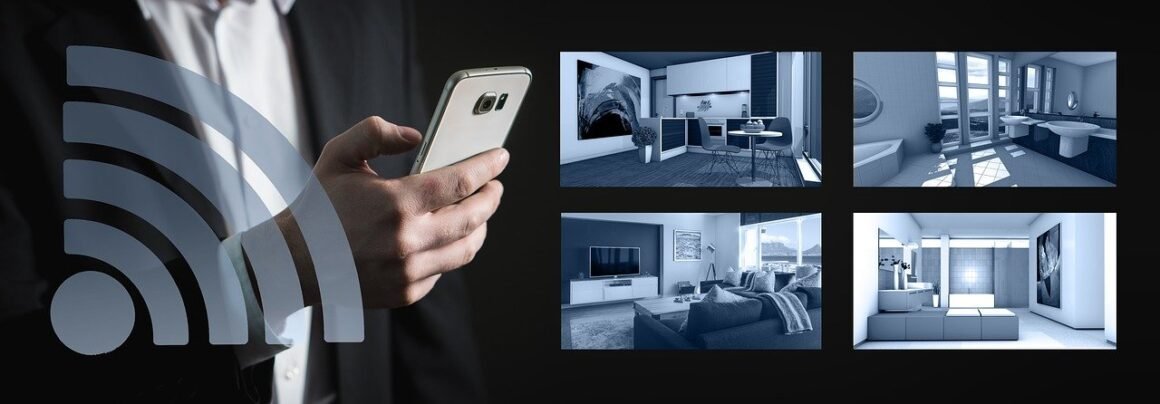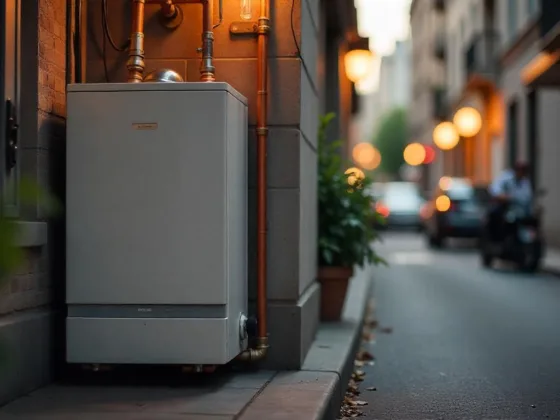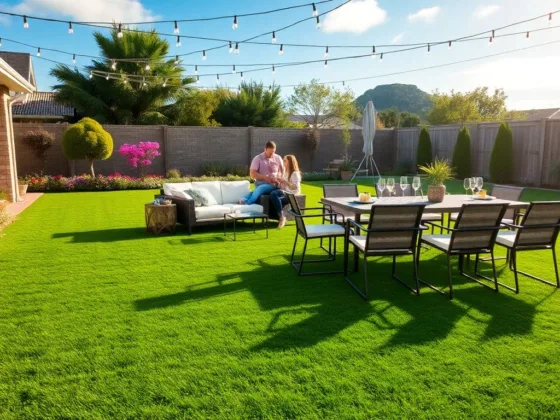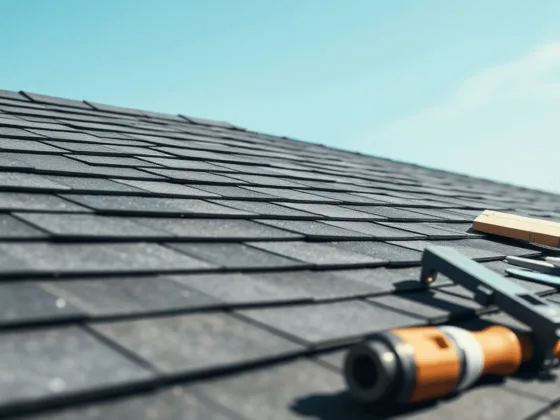Table of Contents Show
Are you looking to improve your home security?
To protect our homes and families, it is crucial to have a home security system you can rely on. And with over 2.5 million burglaries each year, it’s important you do consider home protection. But with so many options out there, it can be hard to know what to look for.
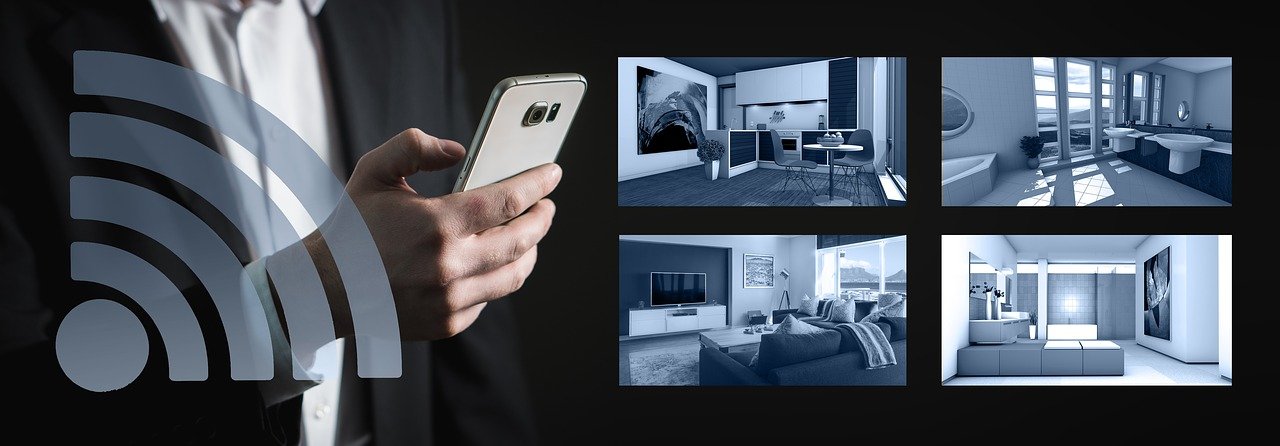
Don’t worry, we’re here to help! Read on for our guide to the four factors to consider before choosing a home security system.
1. Home Alarm System vs. Home Security Systems
One of the first home security tips to know is a security system and home alarm system aren’t the same things. Home alarms use sensors on the doors and windows that let you and the police know someone came into your home.
Home security systems go a bit further, providing alerts for:
- high carbon monoxide
- fire
- flooding
Before you talk to home security companies, think about what you want your system to do. Do you want to prevent intruders, or do you want a more all-around security option?
2. Size
Some security companies will try to say there is only one system for everyone, but that’s false. It isn’t a one-size-fits-all situation. There is a range of types and sizes on the market, and most have customization options.
A tailored system costs more, but it will provide you with everything you need for your situation. For example, smaller homes and apartments might not have room for a large system. You may need to tailor a smaller one to fit the space you have.
If your home is larger, you’ll need a bigger system too as it needs to process more information. You’d need home security cameras that can protect each window and door, as well as the gardens and grounds.
Read Also:
3. DIY or Call in a Professional?
If you install a security system yourself, you’ll save on the call-out and labor fees. It also means you can set it up how you want it. But, home alarms aren’t easy to install, a lot of systems come with a wide range of features and you’ll need to:
- connect to a landline/internet/cell tower
- hang equipment
- work out any kinks yourself
By calling in a professional, you’ll get an easy, quick, smooth installation process. The installers can take you through the settings and features so you know how they work. It’ll give you more confidence on how to use it, and prevent false triggers.
4. Self or Central Monitoring?
If you choose a self-monitoring system, you’ll need to do most of the monitoring yourself. For example, if an intruder breaks in you’ll get a call or a text alerting you. It’ll be your job then to contact the authorities.
It’s easier to keep on top of false alarms, but it’s not always the most secure option. A central monitoring system connects to a hub of full-time employees.
Their job is to track the system triggers for you and get the appropriate responders out to you.
Choosing a Home Security System Made Easy
So, there you have it! Now you know these four factors to consider, you’ll be sure to get the right home security system for your needs.
Before buying, think about what you want your system to do and how involved you can be in monitoring it. You must consider the layout and size of your home too, to make sure you get the right coverage.
Your security situation is unique to you, and your home security system should be too.
If you found this article helpful check out our other blog posts today!
[/et_pb_text][/et_pb_column][/et_pb_row][/et_pb_section]